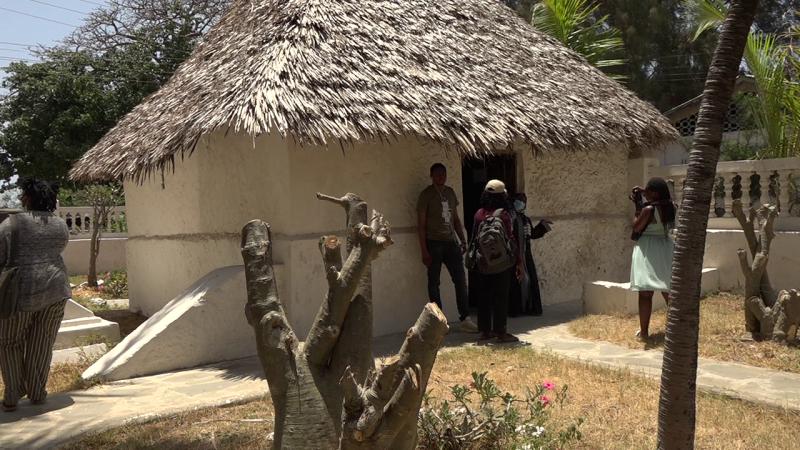×
The Standard e-Paper
Home To Bold Columnists

Inside the Portuguese chapel in Malindi along Baobab Beach Road. It was built by Portuguese explorer Vasco Da Gama and some of his sailors in 1498 while on their way to India. St. Francis Xavier later visited Malindi in 1542 and used the same Chapel. [Nehemiah Okwembah, Standard].
Thousands of people have for the last five centuries prayed at St Francis Xavier Chapel in Malindi. For most Christians, especially Catholics, the chapel is a spirit-filled little shrine.